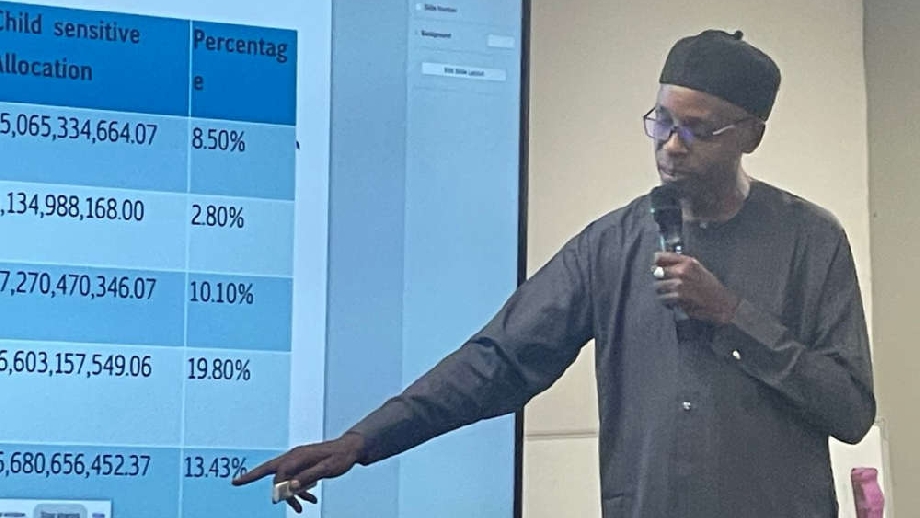
The Kano State House of Assembly has blamed poor budget performance in some ministries and agencies on the failure of heads of MDAs to ensure that budgeted funds are properly released and utilised.
This was revealed by the Speaker of the Assembly, Jibril Ismail Falgore, during the Media Dialogue on Child-Sensitive Budgeting organised by the UNICEF Kano Field Office and the Kano State Ministry of Budget and Economic Planning.
Falgore, represented by the Deputy Speaker, Muhammed Bello Butu Butu, said some “MDAs were even asked to return funds to the treasury after failing to implement approved projects.” He stressed that from now on, the "Assembly will assess past performance before allocating funds to any ministry.”
However, he noted that the education and health sectors performed well last year, thanks to timely fund releases. The Speaker urged state commissioners to follow up on budget processes to ensure funds are released on time.
Falgore also raised concerns about the failure of existing laws to solve the problems facing children in the state. He called on the government, civil society, and the public to work together to ensure that laws protecting children's rights are implemented properly.
Reacting, the Speaker of the Kano State Children’s Parliament, Hauwa’u Muhammad Ibrahim, said poor budget execution has led to widespread malnutrition. She urged government agencies to improve transparency and ensure efficient use of public funds for children’s welfare.
Hauwa’u also expressed optimism that the dialogue would address the lingering challenges faced by children in Kano. According to the 2021 Multiple Indicator Cluster Survey (MICS), Kano has about 6.5 million children under 18. Of these, 143,000 children under five die annually due to poor health conditions.
It was also revealed that around 2.9 million children are not fully immunised, making them vulnerable to deadly diseases. The survey also showed that nearly 4 million children suffer from multidimensional poverty, lacking basic needs such as healthcare, education, and proper nutrition.
Also, about 2.3 million school-age children are not attending school, which threatens the state’s future development. Malnutrition remains a major issue, with 4.7 million children aged 6 to 23 months not receiving the minimum acceptable diet.
Over 3 million children under five are stunted, indicating long-term health and development challenges. Additionally, three cases of a circulating polio variant have already been recorded in Kano in 2025.
Commenting on these challenges, the Chief of UNICEF Field Office Kano, Mr. Rahama Rihood Mohammed Farah, said that “Investment in children remains low.” He advised that MDAs should clearly define and tag child-focused programs using standardised budget codes.
He also called on the Ministry of Finance, Budget, and Economic Planning to include child-sensitive guidelines in all budget planning documents. Mr. Rahama, who also urged CSOs to advocate for continuously increased investments and accountability in the social sectors, urged media organisations to report on child wellbeing, budget allocations, and service delivery gaps.
Speaking on behalf of civil society organisations, Salisu Yusuf identified “lack of data to assess budget performance, untimely release of funds, limited resources, cultural barriers” as some key challenges facing child-sensitive budgeting. He called for increased budgetary allocations across all sectors to address issues affecting children.


